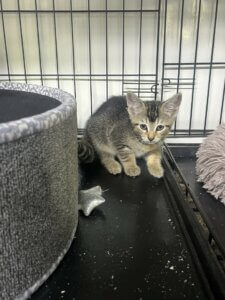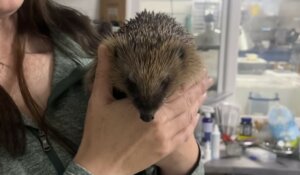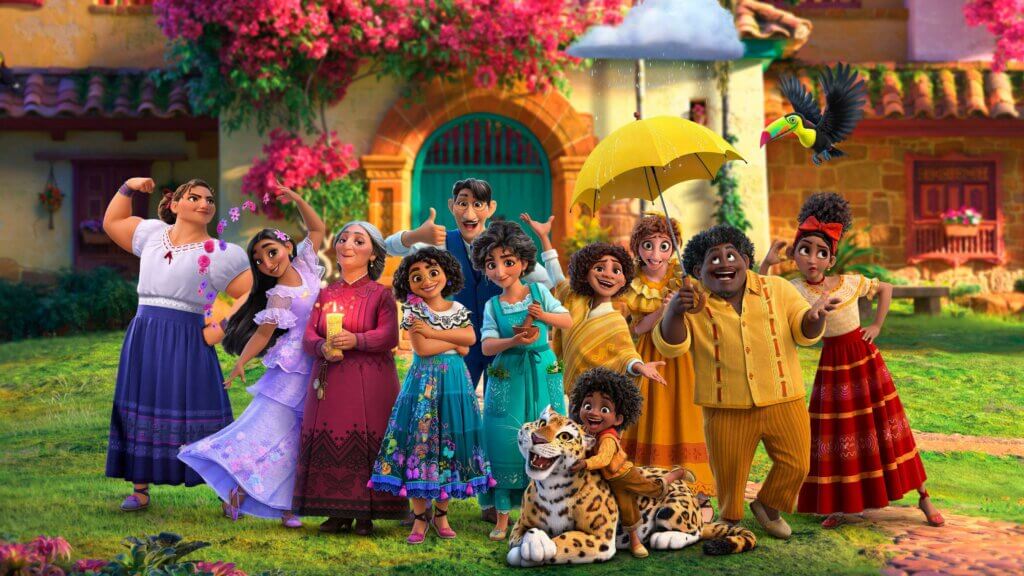The increased demand on animal rescue centres
Written by Sophie Middleton on 18th July 2023
As more animals are brought into the facilities, animal rescue organisations are feeling the strain of the escalating demand.
Pressure on animal rescue centres: Pawz For Thought interview

Cats are one of the most commonly surrendered animals – Image by Sophie Middleton
Cats, rats, and mice are among the most frequently surrendered animals, and the cost-of-living crisis has played a significant role in the staggering number of animals entering rescue centres. People are in a demanding situation since they cannot afford the expenditure for their pets as a result of the ongoing financial crisis. However, there are also other issues that contribute to the stresses being placed on animal rescue facilities, in addition to the cost-of-living crisis.
To give an example, urbanisation is a factor that threatens wildlife, such as hedgehogs, and because of the loss of their natural habitats, the animals frequently either lose their lives or require medical attention and care. Unfortunately, animal rescue centres are feeling the repercussions of these factors as everyday charities are overburdened and filled to capacity with animals. Furthermore, as more people who purchased pets during lockdowns decide they no longer have enough time for the animals due to a change in circumstances, such as work obligations, the sheer number of unwanted pets is escalating.

Hedgehogs are one of the most commonly rescued animals by animal centres, as they often lose their habitats due to urbanisation – image by Sophie Middleton
One of the animal rescues struggling to meet the needs of the increasing number of animals coming in is Sunderland-based charity Pawz For Thought. At the moment, the centre is unable to accept visitors due to avian flu, which only makes matters worse for the charity. Julie Dyson, a volunteer at the charity, explained: “At the peak, we’ve had over 150 (hedgehogs) in at one time.” Hedgehogs are just one of the animals impacted most by urbanisation and climate change; they are unable to source food and frequently suffer from issues such as dehydration. Pawz For Thought is one of many charities that help these animals, nursing them back to health. Julie explained: “Our hedgehogs, per month, cost over £2000 just to feed.” Since already suffering unfunded organisations are required to pay more money to feed and treat the animals in their care, the rising cost of living places additional stress on animal rescue organisations.
As they strive to pay for medicine costs and become overwhelmed with animals in need of care or rehoming, charities, including Pawz For Thought, rely heavily on donations to stay afloat. The vast majority of animal rescue organisations do not receive funding from the government; therefore, donations are vital to guarantee the continued existence of the organisations. Julie expressed: “Obviously, the cost of living means people have less money to donate to charities, which has a massive detrimental effect on people like us.”
Cats are among the most common animals to be surrendered. More and more people are having difficulty spaying and neutering their cats, resulting in more litters of kittens that are surrendered to charities. However, since more individuals are interested in adopting kittens than older cats, kittens are often quicker to rehome than adult cats. This hurts rescue organisations since it can be challenging for them to find homes for cats that are older.
Diane Guy, a volunteer at Deliverance, a Bishop Auckland-based rescue charity, stated: “Year on year, the demand for rescue places is increasing. This is compounded by the fact that it is becoming harder to find good homes for our animals.” The constant exertions faced by animal rescue charities mean surrendered animals are often sadly turned away, as animals in immediate danger and distress are prioritised. Since more and more people are unable to neuter their pets, Deliverance is overwhelmed by unwanted kittens and rabbits. Diane explained: “We have a significant number of feral cat colonies locally, so we are asked to take in injured and unwell cats and orphan kittens.”
Along with numerous other advantages, like protection against certain health and behavioural issues, neutering pets assures that there are no unwanted litters. Cats who have not been neutered typically have up to five litters per year. Due to the increase in un-neutered pets, specifically cats, Cats Protection has introduced a £10 neutering scheme across the country. A list of criteria determines eligibility for the reduced costs, as full-time students, those on certain benefits, and those with a household income of less than £25,000 per year are eligible. Stray and feral cats can also be neutered on the scheme.
If more people begin to neuter and spay their pets, some of the pressure from animal rescue centres will be alleviated. “Often we have to prioritise and take in animals in peril over surrendered pets,” Diane said. Rescue centres are under so much pressure that animals have to be turned away because there’s simply insufficient space for the number of animals coming to them.
Officially published RSPCA statistics show that an estimated 2.7 million animals enter UK shelters each year. 1.2 million of these animals are cats, around 664,000 are dogs, and 184,000 are other animals. The RSPCA also reported a 31% drop in rehoming animals from 2019 to 2021, which is sure to continue declining with factors such as the cost-of-living crisis. The RSPCA also found that 3.2 million households acquired a pet throughout the lockdowns.

Charities often rely on donations to keep them afloat – image by Sophie Middleton
Charities such as Pawz For Thought and Deliverance are always open to more volunteers to help look after and rehome the many animals that come into their care. Donations are extremely crucial for these rescue centres, and anything spared can be a huge help for them.







